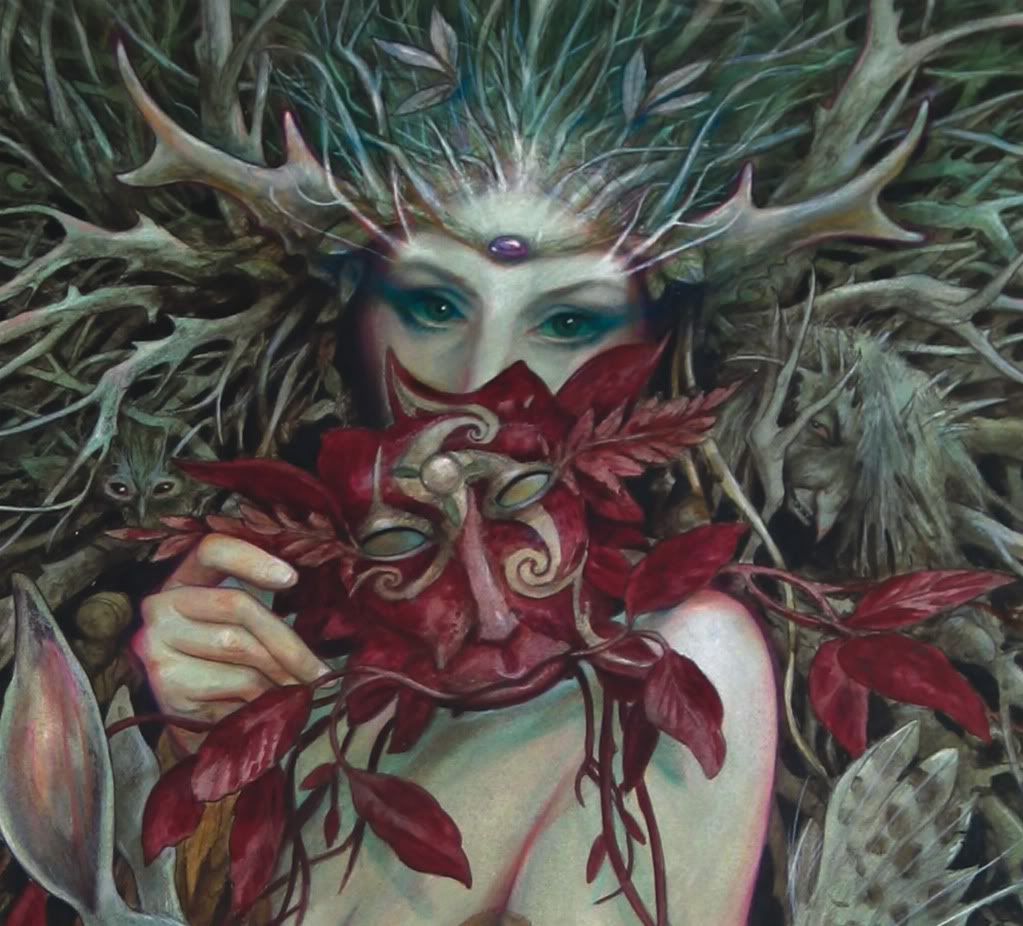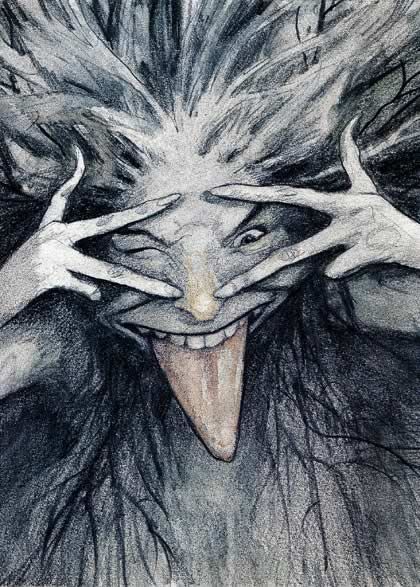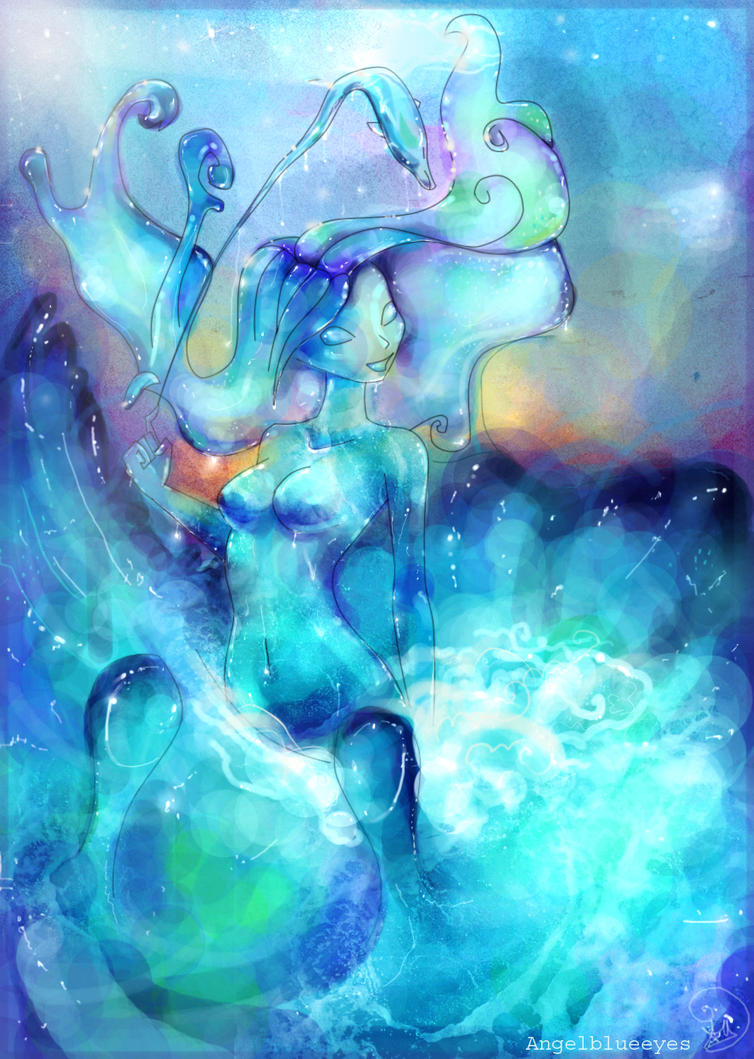
I thought I'd better introduce the ''Angelic World'' ... that we, as humans are humbly living in ...so more people can understand at what Grace these beings allow us to experience their abode on this Earth ......
Elemental Kingdoms
We now come to a group of beings that we can neither see nor feel in a direct sense although their forms of expression are all around us through the elements of earth, air, fire and water.
We call these beings elementals although they are also known as Faeries and are a part of the Faerie realms. Many traditional cultures have sensed the presence of spirits in nature, indeed one major religion Shinto, from Japan
The beings that inhabit these realms are conscious like you and I, although obviously they have a very different way of connecting to the physical world that we see around us.

Unless you possess clairvoyant vision you will not readily ‘see’ the beings that lie behind these seemingly inert elements although they are very attracted to the innocence of young children and sometimes appear to them, so the child that claims to have seen a ‘fairy’ may indeed be telling the truth.

Elemental Evolution
Like all spirit essences these beings commence their evolutionary cycle with a choice in the way they wish to explore physicality. They also have the additional option of choosing which ‘element’, be it earth, air, fire or water, as their starting point. An elemental spirit therefore has additional choices on whether to start their spiritual journey as a Gnome, Sylph, Undine or Salamander.

Elementals evolve through first learning to manipulate and understand their own element before progressing to embody the qualities of another element. For example an earth elemental or Gnome that is associated with a group of rocks by the seashore may eventually come to understand and appreciate the role of the Undines or water beings.

This development process continues until eventually all four elements are assimilated at which stage the elemental being is given a new accolade of being called a ‘deva’.

Devas
This is a Sanskrit word, from the Hindu tradition, which literally means ‘shining one’. However Christian, Judaic and Islamic cultures know these beings as angels of which the Cherubim and Seraphim are a part.
Once devahood has been gained the elemental or angelic being takes on greater and greater responsibilities looking after whole areas of land or sea and becoming responsible for groups of spirits, which are part of its retinue.

There are devas which look after towns and cities as well as tracts of the countryside. At the top of this metaphoric tree is the Planetary Deva, which many people nowadays have come to call Gaia.
Communicating with Elementals
Elementals communicate with us through telepathic images presenting information on the things they know and understand.

In the first instance you need to believe in their existence. This can be hard for some people brought up in a very rational way. Once the bridge has been crossed there is a rich world waiting to be explored. Over he centuries we have created a picture on how these elemental beings look and these images get fed back to us.

For example Gnomes are traditionally seen a small human-like beings one or three feet tall, much as is portrayed in the traditional ‘garden gnome’. If they presented an image to us of say a golden rock we might not identify it as an elemental spirit.
In a similar way a fire elemental would more likely to show itself as a fiery being rather than a bright ‘spark of light’. They present mental images to us that reflect our understanding of their domains. They read not only our minds but also are acutely conscious of our feelings and spiritual awareness.

A person who disrespects nature will never gain their sympathy or support. We do not appreciate how clearly these emotional qualities show up in our individual energy fields, which can be easily read by spirit essences.

So to gain the respect and help of the Elemental kingdoms you have to have a love of nature.

No comments:
Post a Comment